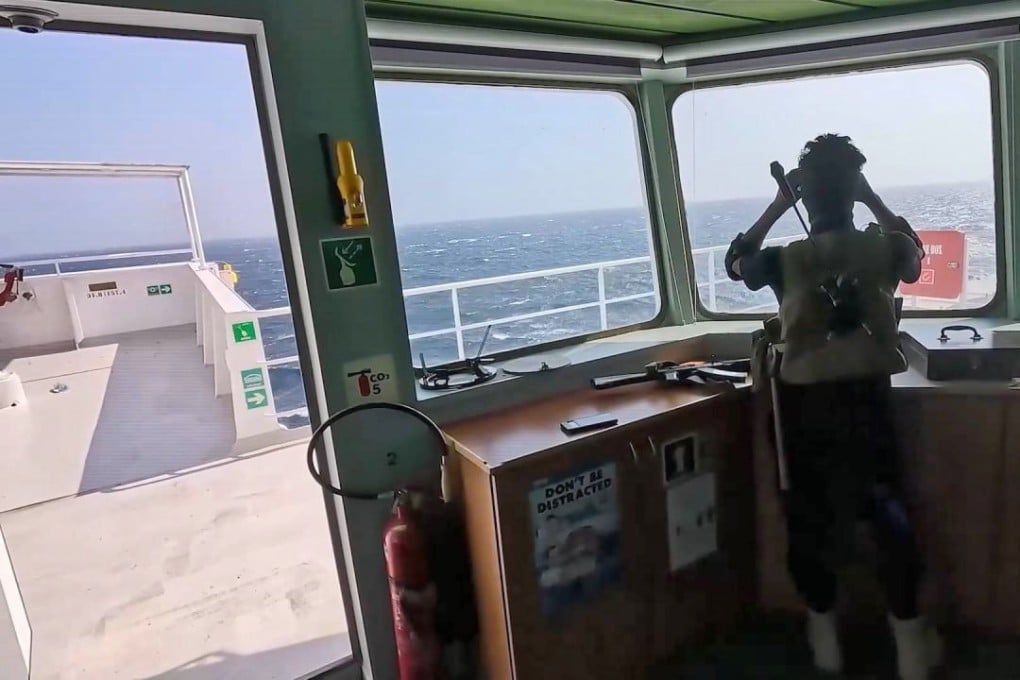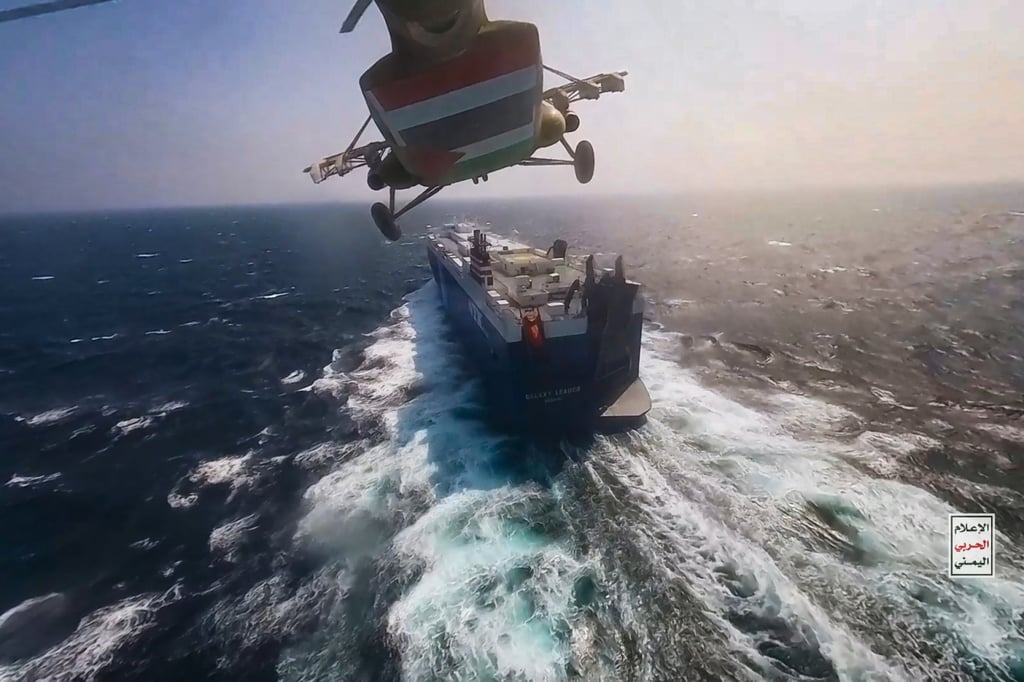Opinion | Will Yemen’s Houthis derail China’s plans to be global diplomatic power broker?
- Greater uncertainty on maritime routes could heighten China’s concerns, especially since the Middle East meets over 40 per cent of China’s energy needs
- Escalating provocations by the Iran-backed Houthis threaten trade and energy security, and also weigh on China’s credibility as a mediator in the region and globally


Though there are proxy connections between Iran and various groups like Hamas in Gaza, Hezbollah in Lebanon, Shia popular mobilisation units in Iraq, and the Houthis in Yemen, the degree of ideological alignment and willingness to strictly follow direct orders from Tehran vary among these militant organisations.
However, a question remains regarding how the Houthis tracked an India-bound vessel while its geolocation tracker was off. Typically, ships turn off the function to avoid detection in pirate-infested or conflict-ridden waters. Despite this, the Houthis located the ship and deployed a Soviet-era military helicopter with a commando on board, forcing the vessel to dock near the Yemeni port of Al-Hudayah. An Iranian vessel with advanced tracking capabilities was allegedly spotted in the area.
